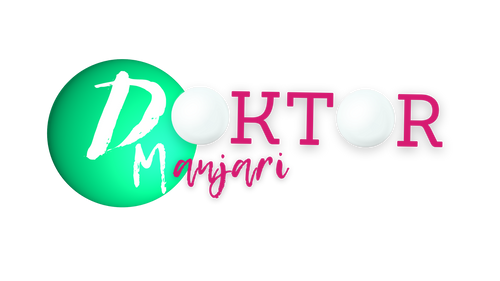Menopause is a natural phase in a woman's life that typically occurs between the ages of 45 and 55. During this transition, hormonal changes can lead to a range of physical and emotional symptoms.
Lifestyle changes can also play a significant role in managing common menopausal complaints.
This article explores some of the most common complaints experienced during menopause and suggests lifestyle changes that can help alleviate them.
1. Hot Flashes and Night Sweats:
Hot flashes and night sweats are among the most common complaints during menopause. Lifestyle changes that can help manage these symptoms include:
a) Dressing in layers: Wearing lightweight clothing and dressing in layers allows for easy temperature regulation.
b) Managing stress: Stress can trigger hot flashes, so practicing relaxation techniques like deep breathing, meditation, or yoga may help reduce their frequency.
c) Avoiding triggers: Certain foods and beverages, such as spicy foods, caffeine, and alcohol, can trigger hot flashes. Identifying and avoiding individual triggers can be beneficial.
b) Managing stress: Stress can trigger hot flashes, so practicing relaxation techniques like deep breathing, meditation, or yoga may help reduce their frequency.
c) Avoiding triggers: Certain foods and beverages, such as spicy foods, caffeine, and alcohol, can trigger hot flashes. Identifying and avoiding individual triggers can be beneficial.
2. Mood Swings and Irritability:
Menopausal hormonal fluctuations can cause mood swings and irritability. To manage these symptoms, lifestyle changes to consider include:
a) Regular exercise: Engaging in regular physical activity, such as brisk walking, swimming, or cycling, can help boost mood and reduce irritability.
b) Adequate sleep: Getting enough quality sleep is crucial for emotional well-being. Establishing a relaxing bedtime routine and creating a comfortable sleep environment can promote better sleep.
c) Seeking support: Talking to friends, family, or a support group about emotions and experiences during menopause can provide comfort and reassurance.
b) Adequate sleep: Getting enough quality sleep is crucial for emotional well-being. Establishing a relaxing bedtime routine and creating a comfortable sleep environment can promote better sleep.
c) Seeking support: Talking to friends, family, or a support group about emotions and experiences during menopause can provide comfort and reassurance.
3. Weight Gain and Metabolism Changes:
Many women experiences weight gain and a slowed metabolism during menopause. To address these concerns, lifestyle changes to adopt include:
a) Healthy eating habits: Opting for a balanced diet rich in fruits, vegetables, whole grains, and lean proteins can help manage weight. Reducing processed foods, sugary snacks, and high-fat foods is also beneficial.
b) Strength training: Incorporating strength training exercises into a fitness routine can help increase muscle mass and boost metabolism.
c) Portion control: Being mindful of portion sizes and eating until satisfied rather than full can prevent overeating and aid weight management.
b) Strength training: Incorporating strength training exercises into a fitness routine can help increase muscle mass and boost metabolism.
c) Portion control: Being mindful of portion sizes and eating until satisfied rather than full can prevent overeating and aid weight management.
4. Fatigue and Low Energy:
Menopause can bring about feelings of fatigue and low energy levels. To combat these symptoms, lifestyle changes to consider include:
a) Regular exercise: Engaging in physical activity can help boost energy levels. Start with low-impact exercises and gradually increase intensity.
b) Stress management: Chronic stress can contribute to fatigue. Incorporating stress management techniques, such as relaxation exercises or hobbies, can help improve energy levels.
c) Sleep hygiene: Maintaining good sleep hygiene practices, such as sticking to a regular sleep schedule and creating a comfortable sleep environment, can promote better quality sleep and reduce fatigue.
b) Stress management: Chronic stress can contribute to fatigue. Incorporating stress management techniques, such as relaxation exercises or hobbies, can help improve energy levels.
c) Sleep hygiene: Maintaining good sleep hygiene practices, such as sticking to a regular sleep schedule and creating a comfortable sleep environment, can promote better quality sleep and reduce fatigue.
Conclusion:
While menopause can bring about various complaints and challenges, making lifestyle changes can significantly help alleviate symptoms. By incorporating healthy habits, managing stress, and seeking support, women can navigate the menopausal transition with greater ease and improve their overall well-being.
It is essential to consult with a healthcare professional for personalized guidance and to explore additional treatment options if necessary.
